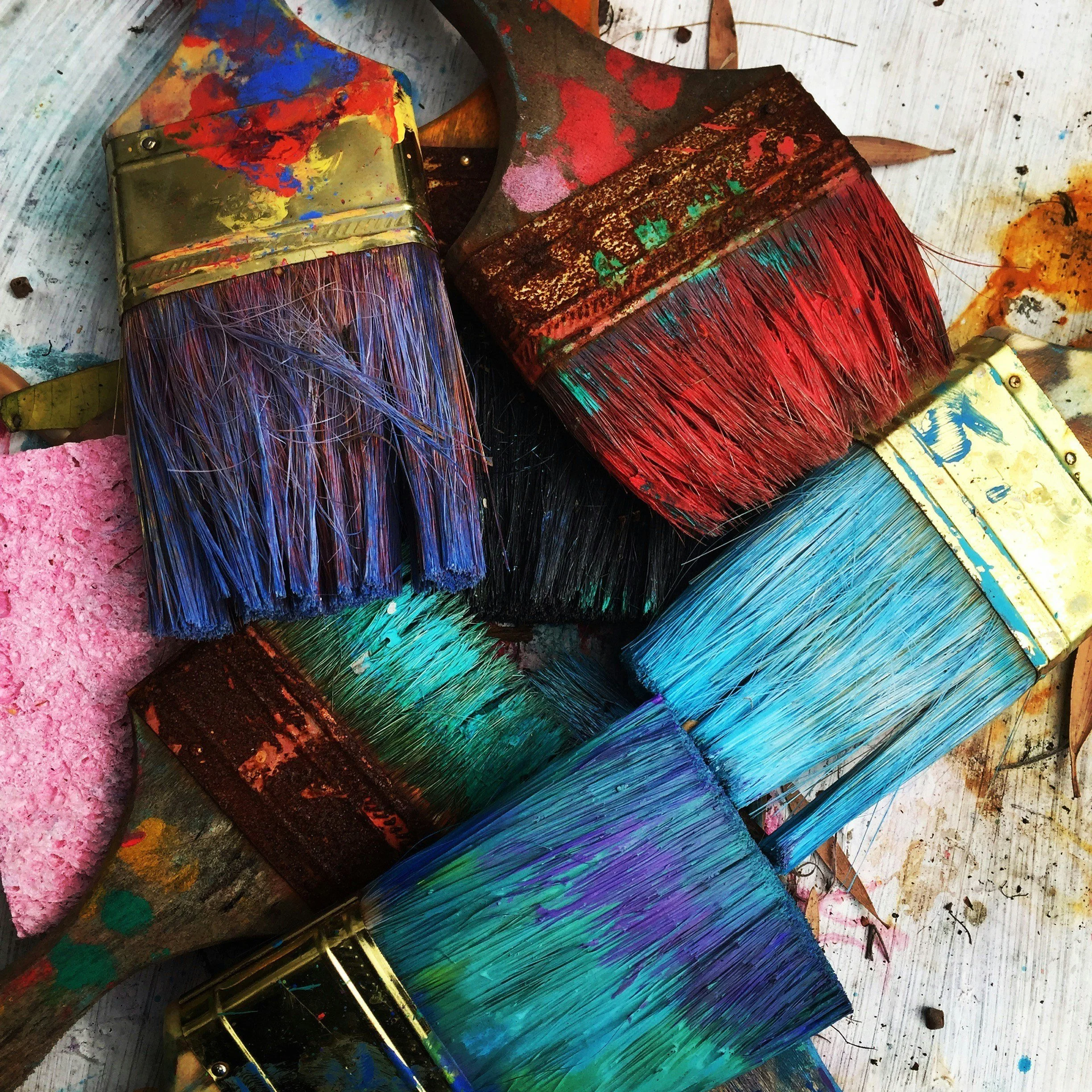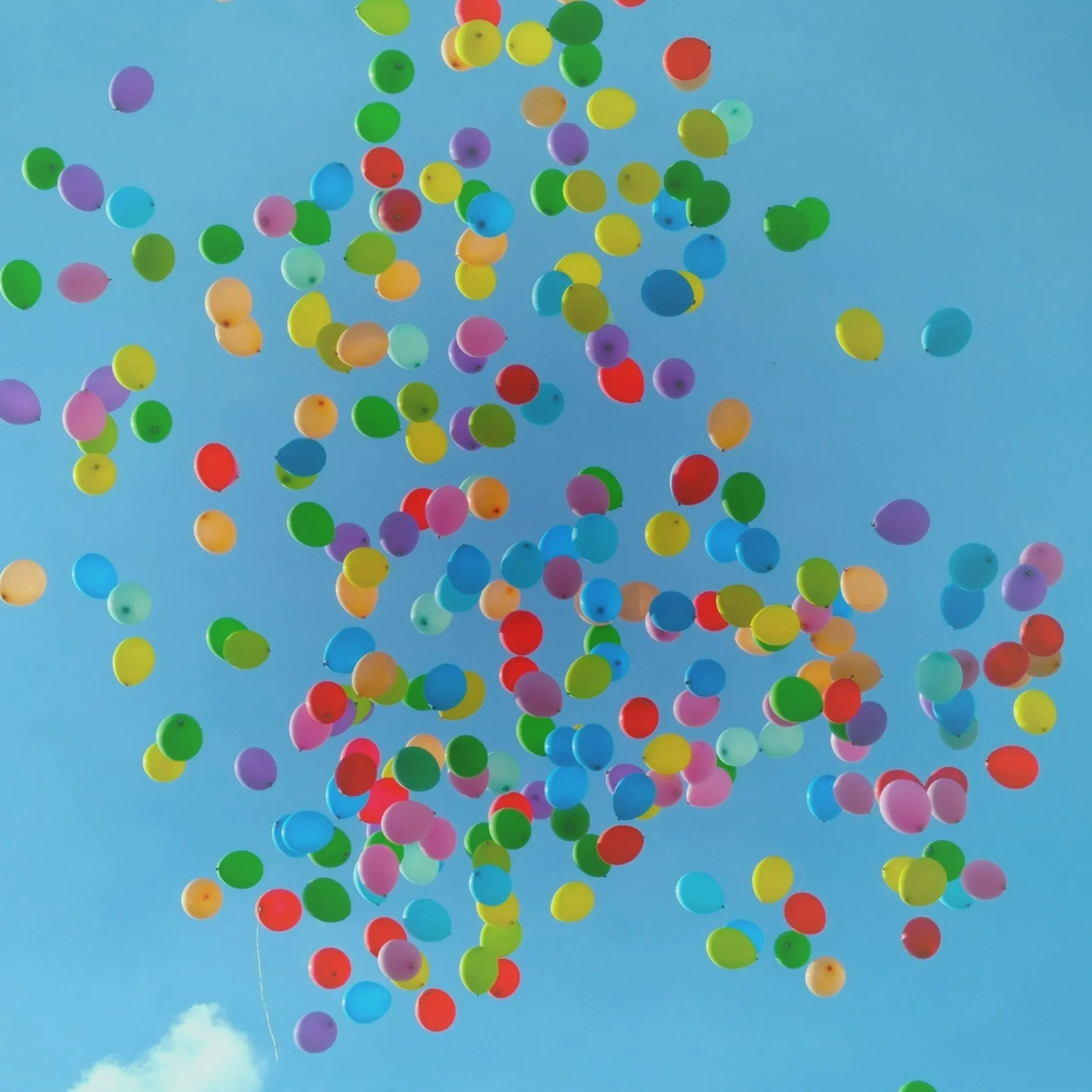Amateurs making music
Since leaving my job in higher education and becoming a solopreneur, I’ve been giving my right brain a chance to breathe.
I started out as “a creative”—but too many promotions later, I mainly went to meetings and said “no” a lot. And people said “no” to me.
Enter improv, stage right, where saying “Yes, and” feels so good. And because I’m often awkward, I try to remember one of Tina Fey’s rules: “In improv there are no mistakes, only beautiful happy accidents.”
As an amateur making music (in my case on the ukulele) I find this also is true.
As beginners, we’re supposed to follow the notes on the page. But often, the sounds we make are not the ones we intend.
The other night, I found myself strumming and singing in front of an audience, at the Swallow Hill Music School. My classmate, Joe, and I, in Ukulele 1-A, were the rank beginners. So we opened the show—with a barely recognizable rendition of creepy Clementine.
The applause was as fulsome as we were flat. But Clementine’s untimely death by drowning was no foreshadowing of the life that was to follow.
Guitar 1-B boogied to Sweet Home Chicago.
The Ensemble class—featuring a mandolin, two guitars, a ukulele and a banjo—had us all singing along to the City of New Orleans.
But when the Harmony class sang Sting’s Seventh Wave, I understood why we were there.
Sure, a handful of notes were missed. But the singers were on the same page. They were accountable. And their choice of material, from Sting’s 1985 debut album, was brilliant.
In true folk tradition, it was positively subversive. And it was hopeful in the way that only amateurs, singing wobbly four-part harmony in public for the first time, can be.
In interviews, Sting has explained the seventh wave. He learned about it from surfers in Barbados: "In popular myth, if you count the waves on a sea shore, the seventh wave is supposed to be the strongest, the most profound…,” he said. "We seem to be in the grip of this growing sense of doom. Yet the song is uncharacteristically hopeful—saying that behind this wave there's a much more profound one. It's love.”
At the still point of destruction
At the centre of the fury
All the angels, all the devils
All around us, can't you see?
There is a deeper wave than this rising in the land
There is a deeper wave than this nothing will withstand…
So, here we are. More than 35 years later.
The world is more violent and divided. And, yet. That seventh wave (though a bit warmer) has kept on coming.
And we amateurs—singers and players and artists of all kinds—keep on making our sounds.
The New Year is upon us, and I continue to believe: If we keep singing or writing or talking about something, and hoping for the truth in our words, then we can make them true.
I say love is the seventh wave
I say love is the seventh wave
I say love.
Be well my friends I say love.
And keep on making that noise!






